All Pet toxins Articles
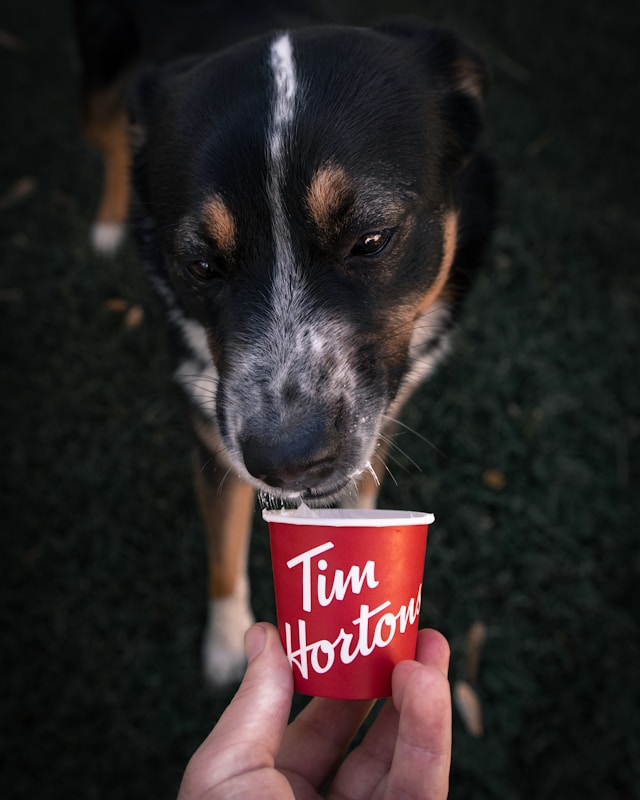
Steer Clear of These 5 Game Day Foods for Your Pets
Football parties are all about fun, excitement, and plenty of delicious snacks and drinks. But while you're enjoying the game and indulging in your favorite treats, your dog or cat might be tempted to sneak a bite, too. The difference is that while you might end up with just a mild stomachache, certain foods can be dangerous—even life-threatening—for your pet.

Guarding Pets from Valentine's Day Chocolate Dangers
Valentine's Day is all about showing love to the special people in our lives, and of course, indulging in delicious chocolates. It’s no surprise that chocolates are a big part of the celebration. In fact, according to the National Retail Federation’s Valentine’s Day Consumer Spending Survey, nearly half of Americans—about 48%—plan to give candies as gifts on this romantic day.
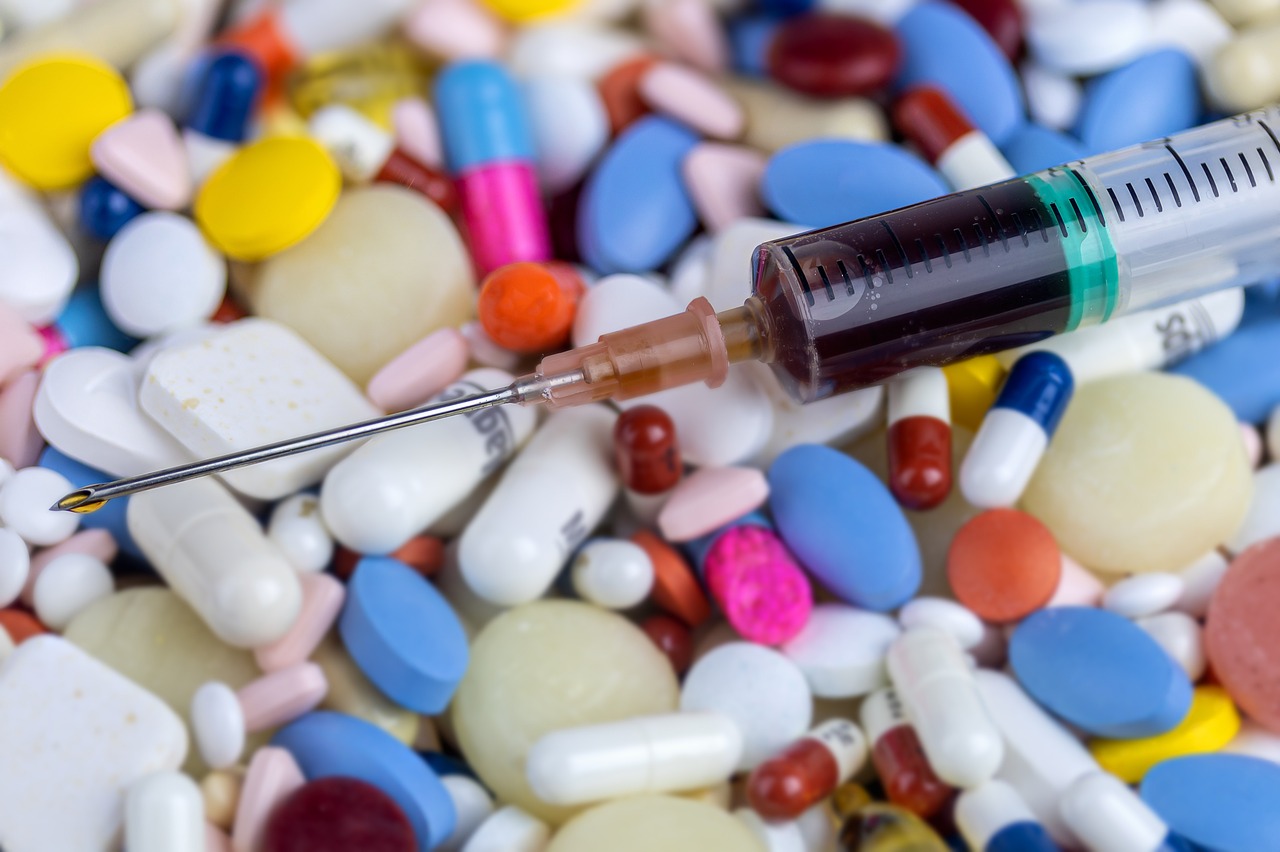
Combating Counterfeit Flea Treatments to Safeguard Pets
The U.S. Environmental Protection Agency (EPA) is cracking down on fake flea treatments that could seriously harm pets. These counterfeit products look just like popular brands like "Frontline" and "Advantage," but they’re illegally imported and potentially dangerous. To keep pets safe, the EPA is taking action to stop their sale.
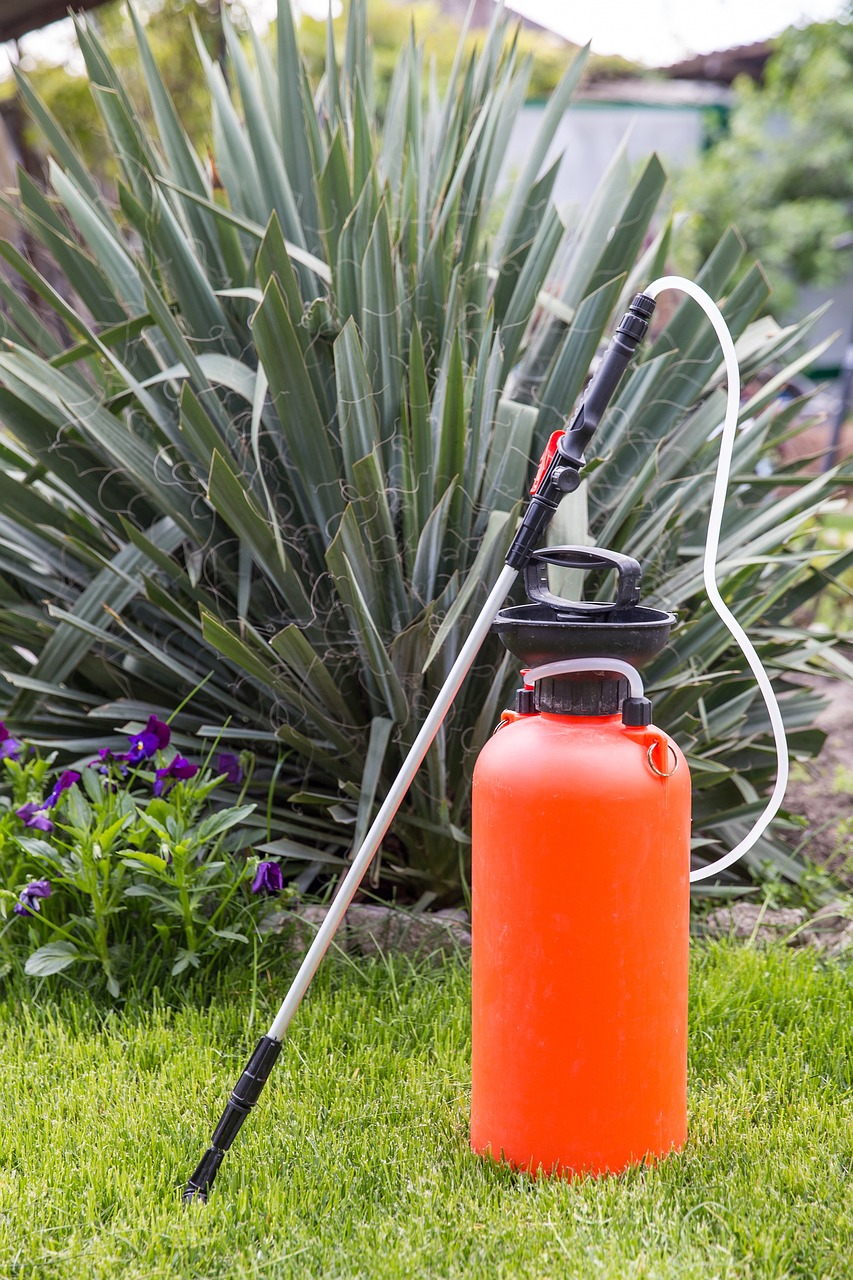
Safeguarding Your Pets from Harmful Pesticides and Rodenticides
To keep your pets safe from dangerous pesticides and rodenticides, it’s important to know which substances to avoid, how to store them properly, and what to do if your pet is exposed.
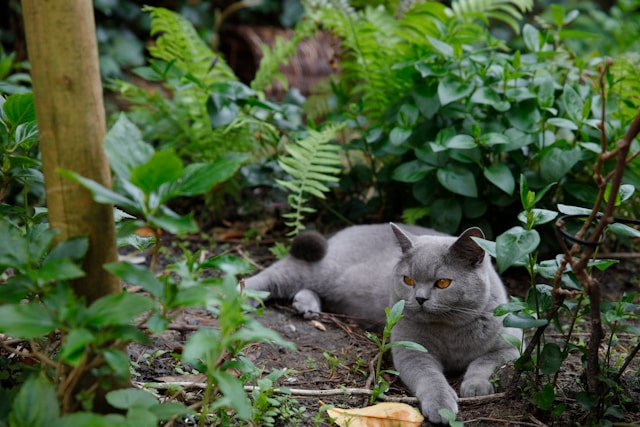
Garden Safety for Pets: Spring Edition
Before planting anything, it's important to know that some beautiful garden plants can actually be harmful to our pets.
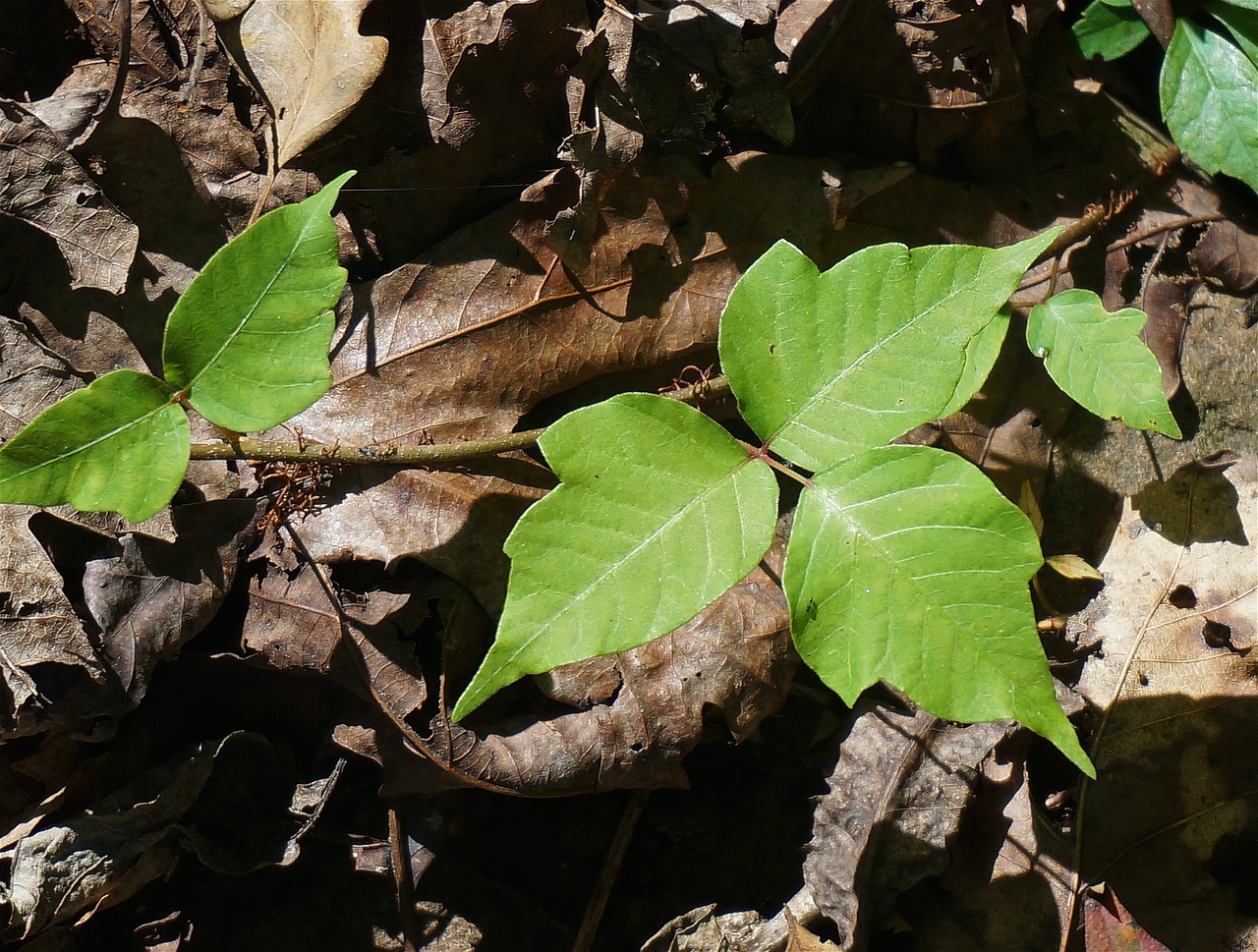
Poison Ivy and Its Impact on Pets
This plant is commonly found in wooded areas, often growing near trees. It’s quite adaptable and can take different forms—it might grow as a shrub, spread along the ground, or climb like a vine. You can recognize it by its three almond-shaped leaflets and a vine that looks a bit “hairy.” Its color changes with the seasons, ranging from light to dark green in the warmer months and turning bright red, yellow, or orange in the fall.
Get insurance plans with wide-ranging coverage options






